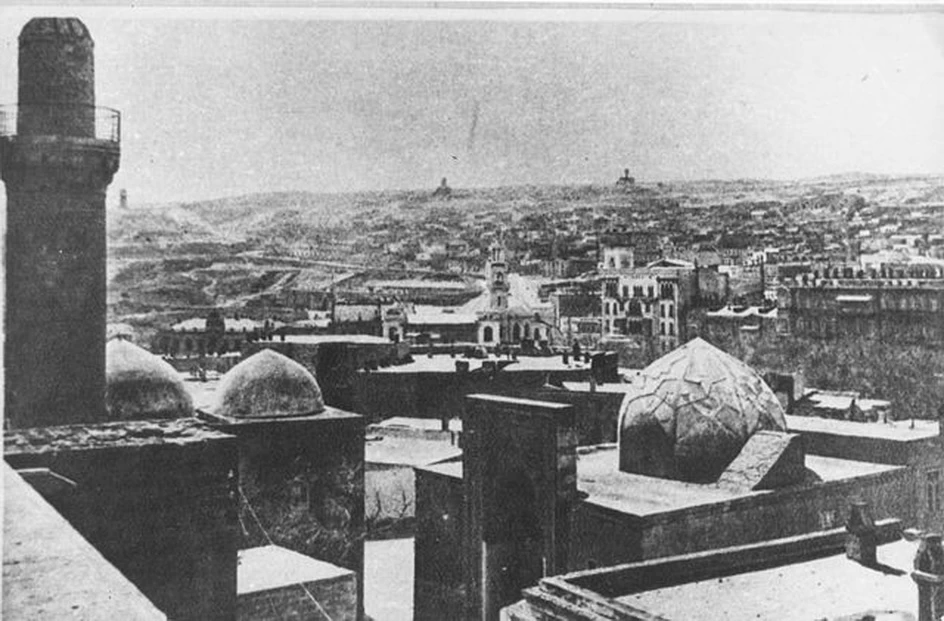On May 28, 1918, when the National Council declared Azerbaijan's independence in Tbilisi, the South Caucasus Shia and Sunni Spiritual Boards were also located in that city. The creation of independent states in the Caucasus and the existing relations between them made it almost impossible for the Muslims of the region to be united under a single religious administration. Therefore, the Azerbaijani government deemed it appropriate to move the South Caucasus spiritual boards to Azerbaijan, to the city of Ganja.
It was in Ganja that the issue of establishing a single religious administration for Shias and Sunnis was brought to the agenda. Interestingly, the idea of creating a unified religious administration was first put forward by the religious leaders themselves, who then proceeded to implement it. This showed that the tsarist intentions of creating animosity between Azerbaijani believers by exploiting sectarian differences had already failed.
The clergy proposed the reorganization of the administration under the name "Mashikhat." By a joint decision of the Sheik-ul-Islam and the Mufti on September 1, 1918, both boards were united into a single administration called "Mashikhat." After the liberation of Baku, the Mashikhat moved to the capital.
In March 1920, the government issued an order granting the chairmen of the Mashikhat the same status as deputy ministers.
When appointing an individual to a clerical position, the Mashikhat would consider the opinion of the local leadership about that person, in other words, their character reference. However, this did not mean that the appointment depended on the opinion of the civil leadership. Unlike during the Tsarist Russian period, according to the new laws adopted by the Parliament of the Azerbaijan Democratic Republic, the authority to appoint to clerical positions was given directly to the religious board. During this period, the board, as an institution, grew stronger and its scope of activity expanded.


